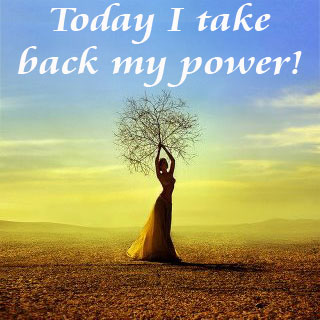 Something that came up for me during this season of change is the concept of phenomenology. It is defined as the science of phenomena as distinct from that of the nature of being. It’s the study of an individual’s lived experience.
Something that came up for me during this season of change is the concept of phenomenology. It is defined as the science of phenomena as distinct from that of the nature of being. It’s the study of an individual’s lived experience.
The picture on the right shows us a young woman. Or does it? Look closer, and it’s both a young woman and an old woman. What did your experience of this image show you first?
I was playing with this concept the other night when I was reviewing a short story that I’ve been working on for years off and on. More off then on.
The experts say we should be able to write one sentence that tells the reader what a story is about. I thought I would give that a whirl, since I already had a sentence I liked. But, in re-reading it, it didn’t tell anyone what the story was about at all.
I originally wrote,
“A photograph sets in motion a hunt for a killer. Two FBI agents, combining white trash smarts and Native American tracking skills, make capturing a killer look like a walk in the park, a trailer park, that is.”
I re-wrote it like this:
“When a young boy finds his murdered mother in a freezer, who could predict he would suffer in silence and direct his rage toward his absent father and the women he loved?”
At first glance, you would never even think this was the same story. This happens all the time in real life.
For example, a client tells a story he/she thinks is the problem. When we look at the bigger picture and ask what is this really about, an entirely different story emerges. It’s not really the husband’s drinking or the wife’s spending that’s the issue. It’s the betrayal and hurt felt as a child by each of them that has triggered their behaviors.
This is so important for us to consider as we are thinking about what motivates or suppresses us and how we feel about others. It affords a look through different eyes with grace and understanding.
JOURNAL EXERCISE:
Turn this around a bit for yourself. Sit and journal about it. Ask yourself, “What is the whole story behind my motivation to do THIS thing or what is holding me back?” Write the answer down, but keep asking this question over and over until you get to the very root of the story. Come back to it another day and ask yourself the same question again. Don’t be surprised if you change your mind the second time or find something new to add.
I’d love to read what you come up with. Feel free to email me or drop me a comment on Facebook or LinkedIn and let me know.





